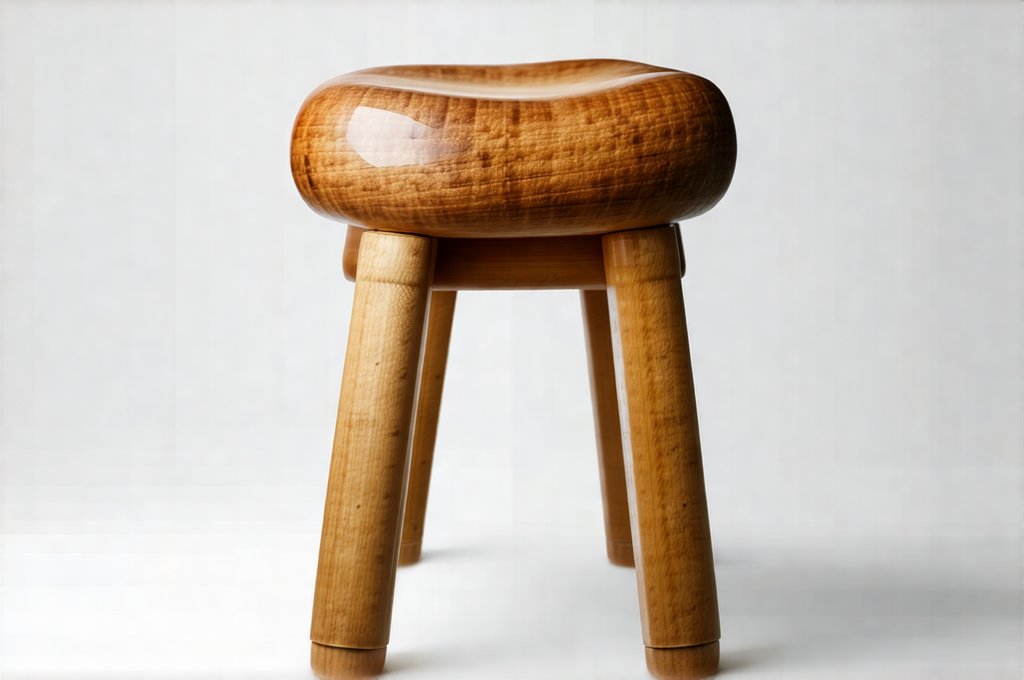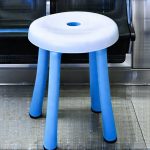The digestive system is a remarkably resilient machine, capable of adapting to a wide range of inputs. However, prolonged periods of suboptimal nutrition can significantly disrupt its delicate balance, leading to various uncomfortable symptoms. One common consequence of consistently poor dietary choices – think heavily processed foods, insufficient fiber, and inadequate hydration – is the development of hard stools, often accompanied by difficulty in elimination. This isn’t merely a matter of discomfort; it represents a signal that your body is struggling to process what you’re feeding it, and potentially indicates underlying imbalances that deserve attention. Ignoring these signals can lead to more serious issues down the line, making understanding the root causes and potential solutions vital for long-term digestive health.
It’s important to understand that occasional constipation or changes in stool consistency are normal. Life happens, diets fluctuate, travel disrupts routines – all of this can temporarily impact bowel movements. However, when these occurrences become frequent and are directly linked to a pattern of poor nutrition over weeks or even months, it signifies a more persistent problem. The build-up of hard stools isn’t just about the physical difficulty of passing them; it’s also related to how long waste remains in the colon, potentially leading to increased toxin reabsorption and impacting overall well-being. This article will delve into the mechanisms behind this issue, exploring the role of nutrition, hydration, and lifestyle factors, as well as strategies for gentle restoration of digestive regularity.
The Nutritional Link: Fiber, Fat & Fluidity
The cornerstone of healthy stool formation is a diet rich in dietary fiber. Fiber isn’t digested by the body; instead, it adds bulk to the stool and helps move waste through the digestive tract more efficiently. There are two main types – soluble and insoluble. Soluble fiber dissolves in water, forming a gel-like substance that slows digestion and can help lower cholesterol levels. Insoluble fiber doesn’t dissolve but adds bulk, speeding up the passage of food through your system. A lack of both contributes directly to hard stools. When you consistently consume a diet low in fiber – dominated by processed foods, refined grains, and minimal fruits and vegetables – your colon has less material to work with, resulting in smaller, harder stools that are more difficult to pass. Understanding are gut issues can help you make better choices.
Beyond fiber, the type of fat consumed also plays a crucial role. While fats are essential for overall health, an excess of unhealthy fats (saturated and trans fats) can hinder digestion and contribute to constipation. These fats often lack the lubricating qualities found in healthy fats like those from avocados, nuts, seeds, and olive oil. Furthermore, insufficient intake of these essential fatty acids impacts gut motility – the natural contractions that move food along the digestive tract. A diet overloaded with processed foods frequently contains unhealthy fats alongside a significant fiber deficit, creating a double whammy for digestive health. Recognizing signs of poor diet is the first step towards improvement.
Finally, let’s not underestimate the power of hydration. Water is vital for softening stools and facilitating their movement through the colon. When you’re dehydrated – which can easily happen when consuming a diet high in processed foods (often containing sodium that draws water away from cells) – your body reabsorbs more water from the stool, making it harder and drier. This effect is amplified by low fiber intake; without sufficient fiber to absorb water, there’s less moisture available to create soft, easily passable stools. Adequate hydration is non-negotiable for healthy bowel function.
Reclaiming Regularity: Gentle Steps Forward
Addressing hard stool build-up requires a multi-faceted approach centered around dietary and lifestyle adjustments. It’s rarely about quick fixes; instead, it’s about building sustainable habits that support long-term digestive health. The goal isn’t just to clear the blockage but to prevent it from recurring. Here are some key strategies:
- Gradual Fiber Increase: Don’t drastically increase your fiber intake overnight. This can actually cause bloating and gas. Instead, slowly incorporate more fiber-rich foods into your diet over several weeks. Start with small additions like adding a handful of berries to your breakfast or swapping white bread for whole wheat.
- Hydration is Key: Aim for at least eight glasses of water per day, but adjust based on your activity level and climate. Carry a reusable water bottle as a constant reminder to stay hydrated. Consider incorporating hydrating foods like cucumbers and watermelon into your diet.
- Prioritize Whole Foods: Focus on consuming whole, unprocessed foods as much as possible. This means fruits, vegetables, whole grains, lean proteins, and healthy fats. Limit processed foods, refined sugars, and excessive amounts of saturated and trans fats. Understanding how stool tests can provide valuable insights.
The Role of Movement & Gut Health
Beyond diet and hydration, physical activity plays a significant role in digestive health. Regular exercise stimulates the muscles in your intestines, promoting peristalsis – the wave-like contractions that move food through the digestive tract. A sedentary lifestyle can contribute to constipation as these muscles become sluggish. Even moderate exercise, such as walking for 30 minutes most days of the week, can make a significant difference. Consider incorporating movement breaks into your workday if you have a desk job.
The gut microbiome – the trillions of bacteria that live in your digestive tract – is also intimately connected to stool consistency. A poor diet can disrupt the balance of these bacteria, leading to dysbiosis (an imbalance). Dysbiosis can impair digestion and contribute to constipation. Introducing probiotic-rich foods like yogurt (with live cultures), kefir, sauerkraut, and kimchi into your diet can help restore a healthy gut microbiome. Prebiotics – found in foods like garlic, onions, bananas, and asparagus – feed the beneficial bacteria in your gut, further supporting digestive health. You may also want to consider building a timeline for tracking recovery.
Addressing Discomfort & Seeking Support
Dealing with hard stools and difficulty eliminating can be uncomfortable and even painful. Avoid straining during bowel movements; this can lead to hemorrhoids or anal fissures. If you’re experiencing significant pain or discomfort, consult with a healthcare professional. They can rule out any underlying medical conditions and provide personalized advice based on your specific situation. Never self-treat with laxatives without consulting a doctor, as overuse can lead to dependency and further disrupt bowel function. It’s crucial to understand if overeating one day could be contributing factors.
It’s important to remember that restoring digestive health is a journey, not a destination. Be patient with yourself, focus on making sustainable lifestyle changes, and celebrate small victories along the way. Listen to your body’s signals and adjust your approach as needed. If you suspect your nutritional habits are significantly impacting your digestion, consider consulting with a registered dietitian or nutritionist for personalized guidance. They can help you create a meal plan that supports both your digestive health and overall well-being. Learning how to interpret gut testing can be helpful in this process, as well as knowing top early signs.


















